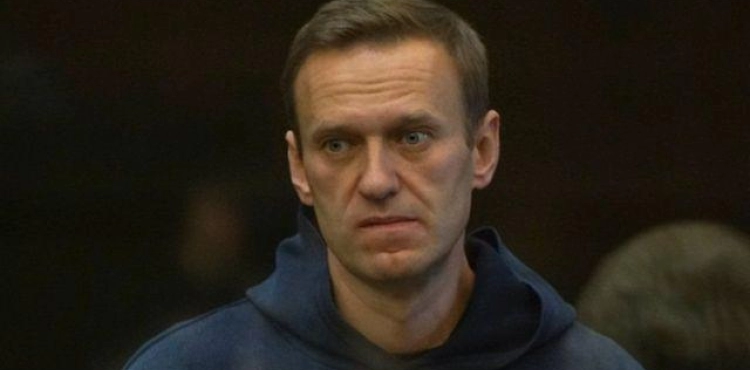Four UN human rights experts said Wednesday that the Russian opposition Alexei Navalny, who has been on hunger strike for three weeks, was in "great danger", and urged the authorities to allow him to be evacuated outside the country.
"We urge the Russian authorities to ensure Mr. Navalny´s access to his doctors and allow him to be evacuated abroad for urgent medical treatment, as it did in August 2020. We reiterate that the Russian government is responsible for Mr. Navalny´s life and health while in detention," the experts said in a statement.
"We believe that Mr. Navalny´s life is in grave danger," added the independent experts, appointed by the United Nations Human Rights Council but not speaking on his behalf.
Close to Navalny, who stopped eating on March 31 to protest the conditions of his detention, says he is dying. Western capitals are calling for his release and the truth about his poisoning in August 2020.
The four experts, who are special rapporteurs on freedom of opinion and expression, torture, summary or arbitrary executions, and the right to physical and mental health, affirmed, “We are extremely concerned that Mr. Navalny remains in conditions that may amount to torture (...) or cruel, inhuman or degrading treatment. ".
They added that "flagrant violations of the prohibition against torture or other ill-treatment, his right to a lawyer, and in particular his right to prompt and effective medical care while in detention add to our already deep concerns about Mr. Navalny´s life and safety."
And they believed that the Russian opposition had faced, several years ago, a "deliberate pattern of reprisals" for his criticism of the Russian government.
And they continued, "As mentioned earlier, in light of the temporary rulings and measures of the European Court of Human Rights, there is no sound legal basis for the arrest, trial and imprisonment of Mr. Navalny in Pokrov."
The four experts noted that they had expressed their concerns to the Russian government, especially through two official letters sent in August and December 2020, in which they expressed concern about the poisoning of Navalny with Novichok gas.












